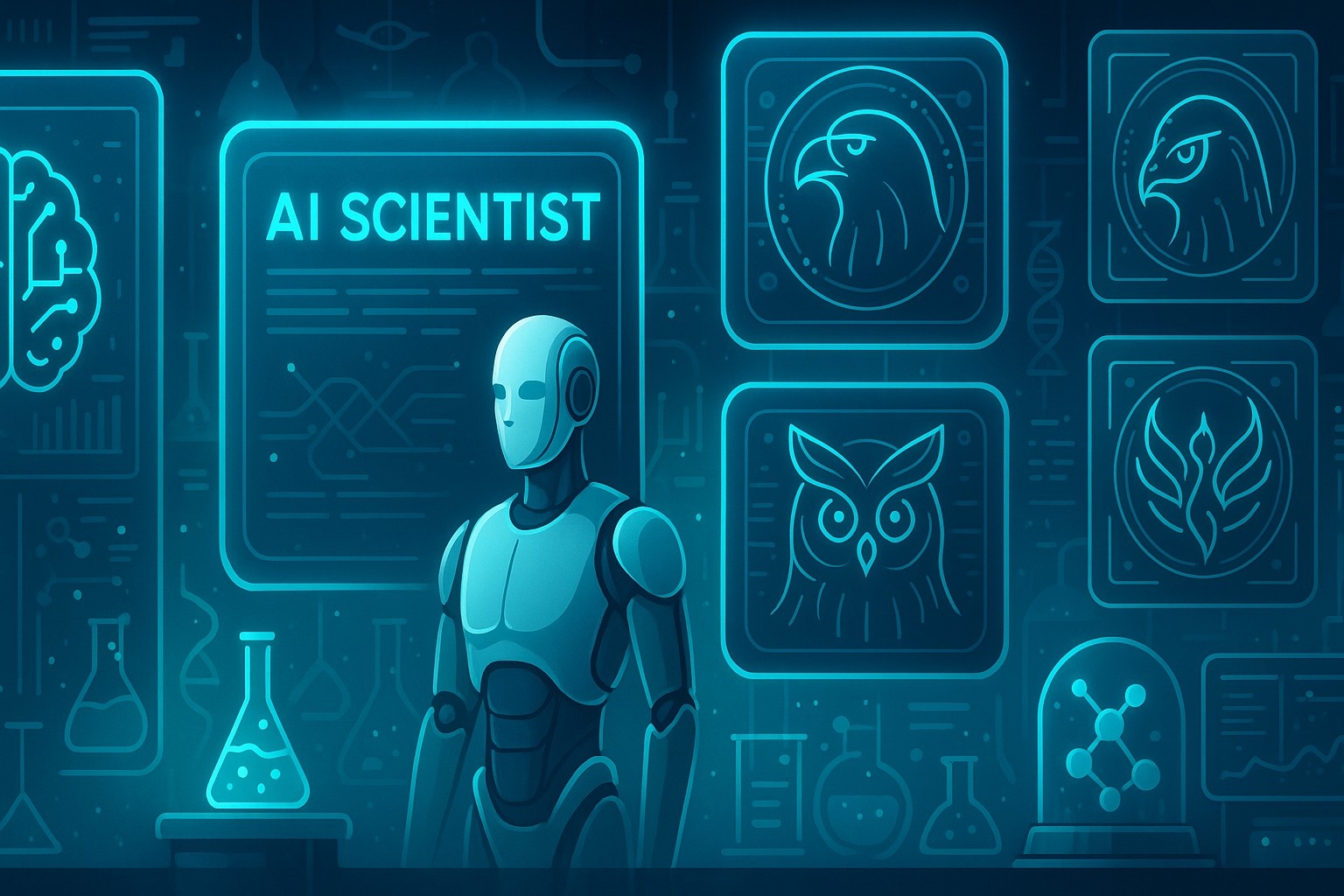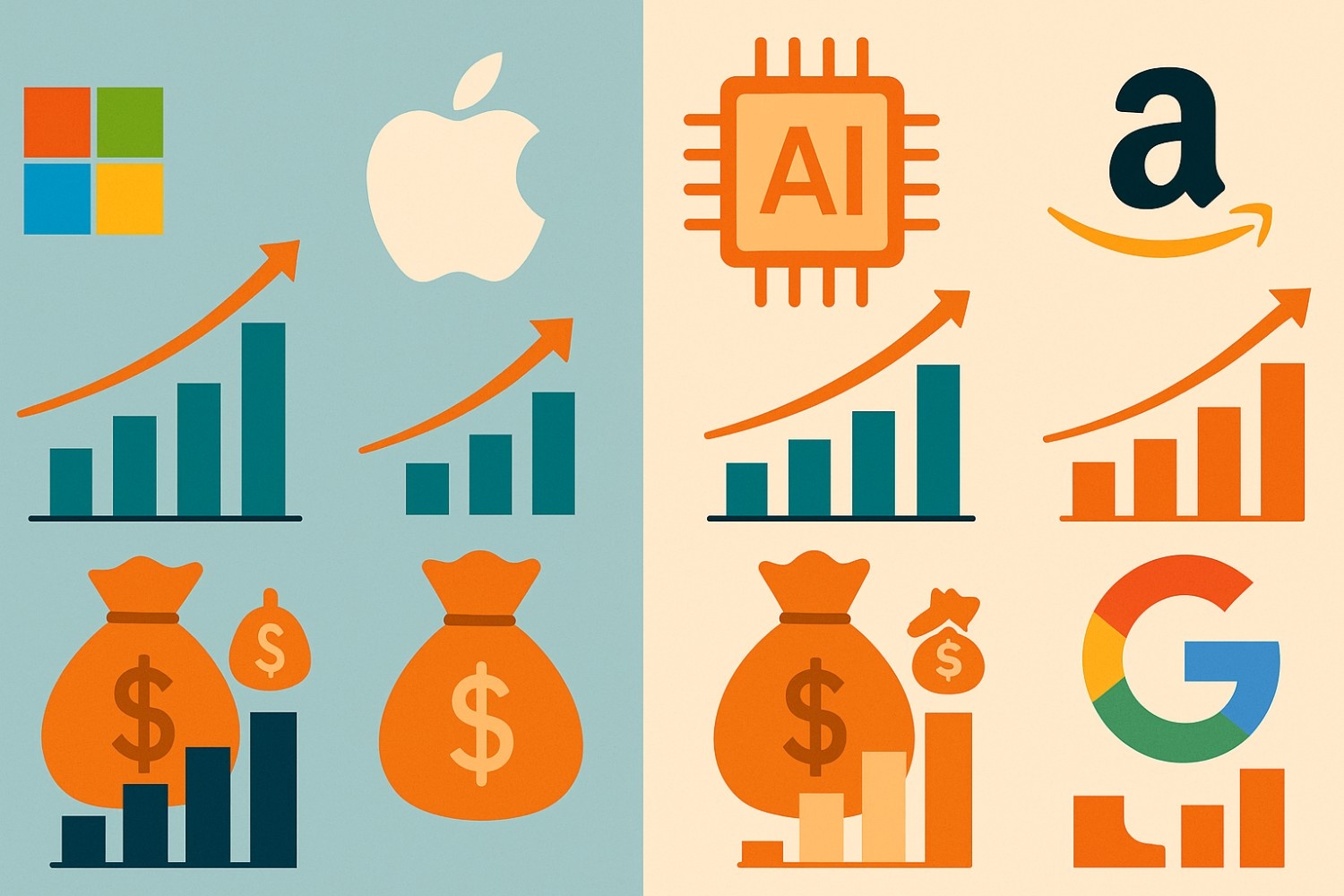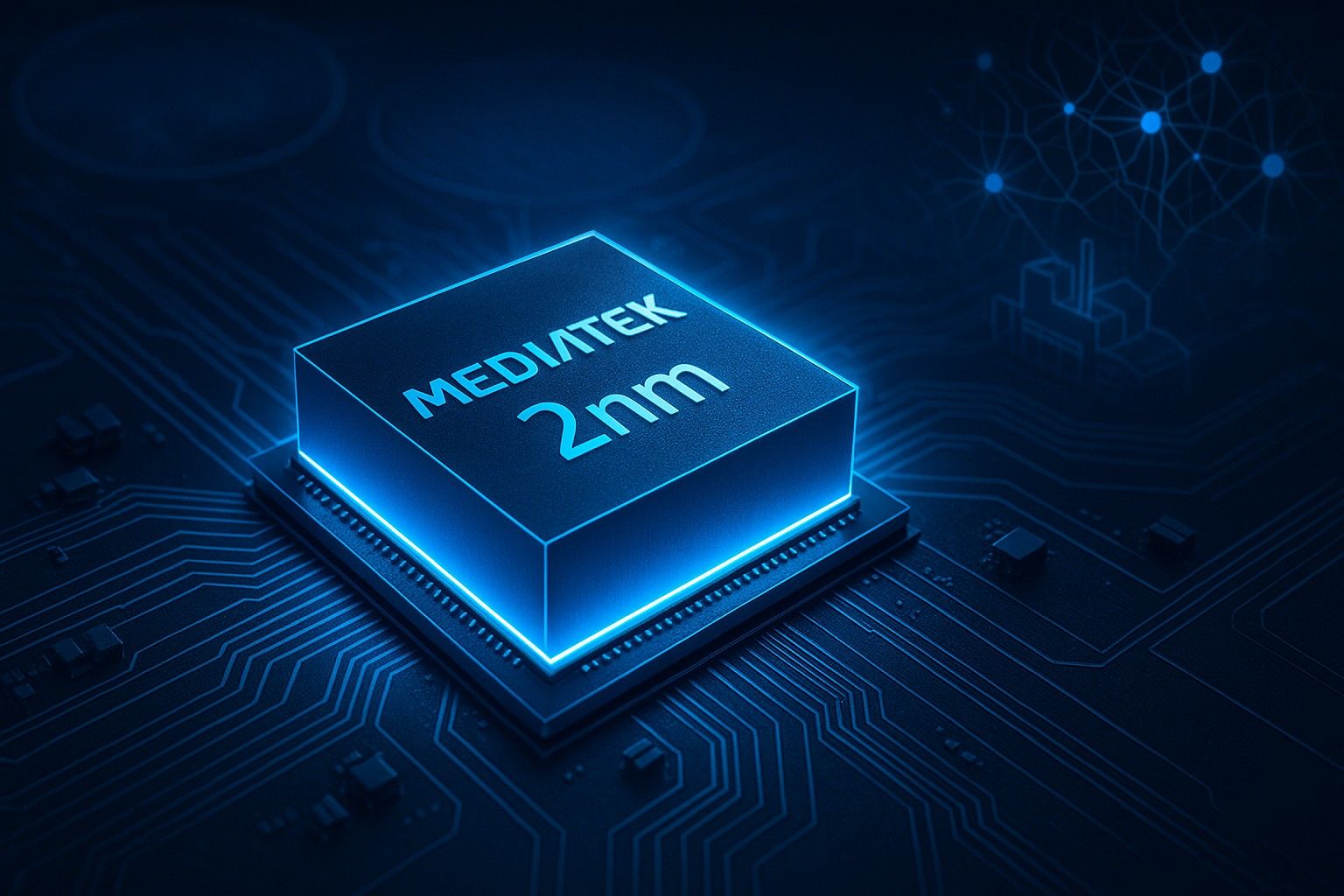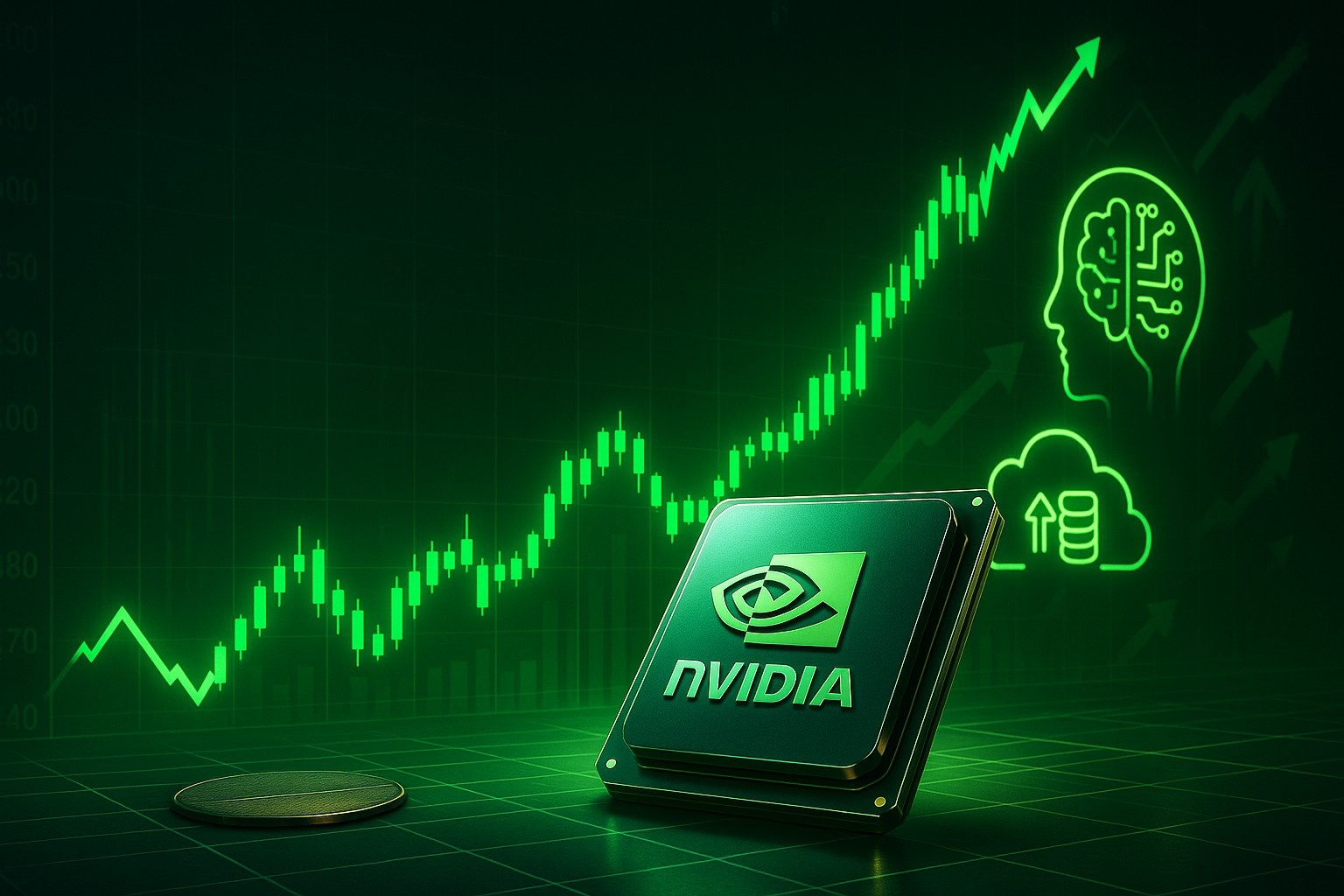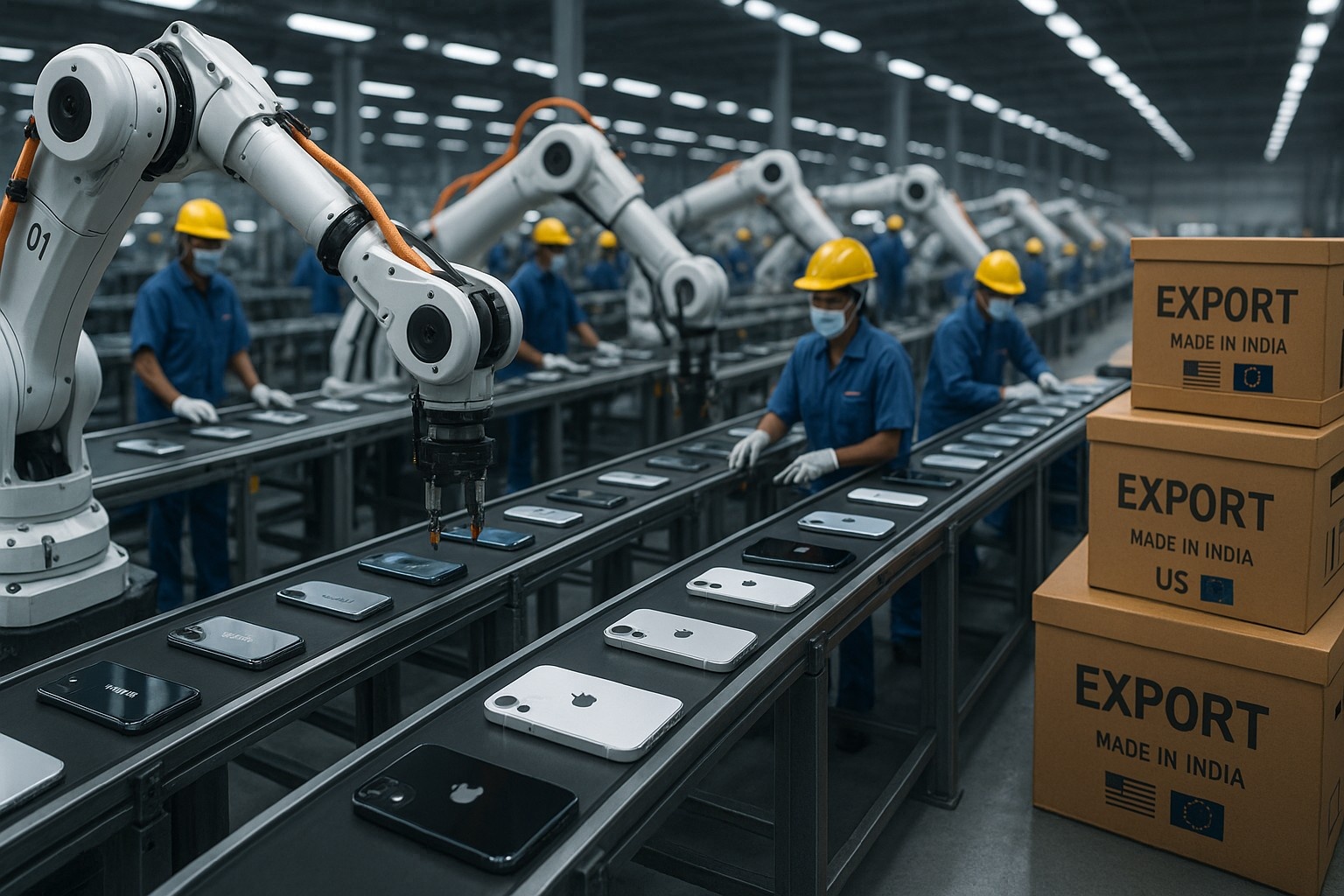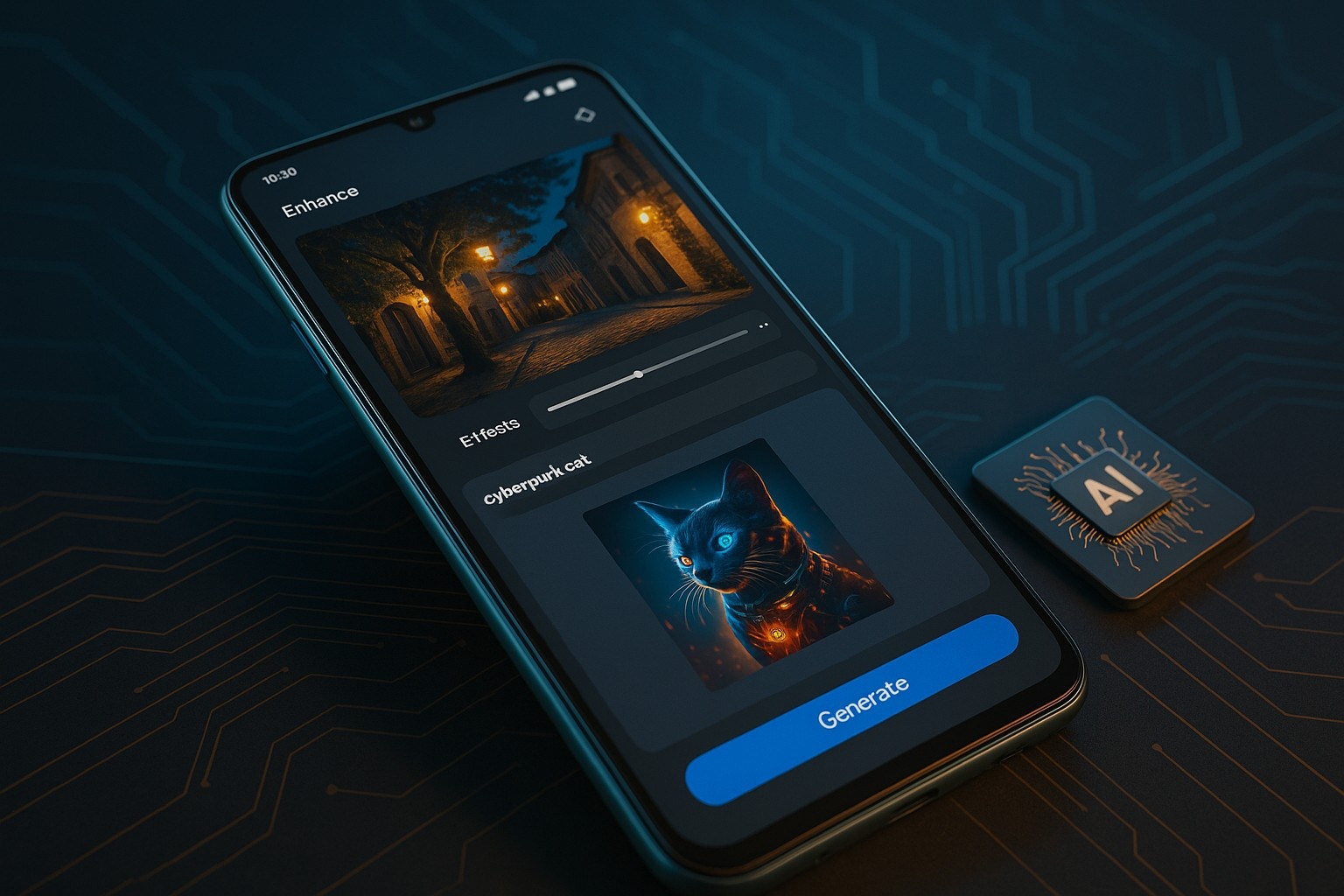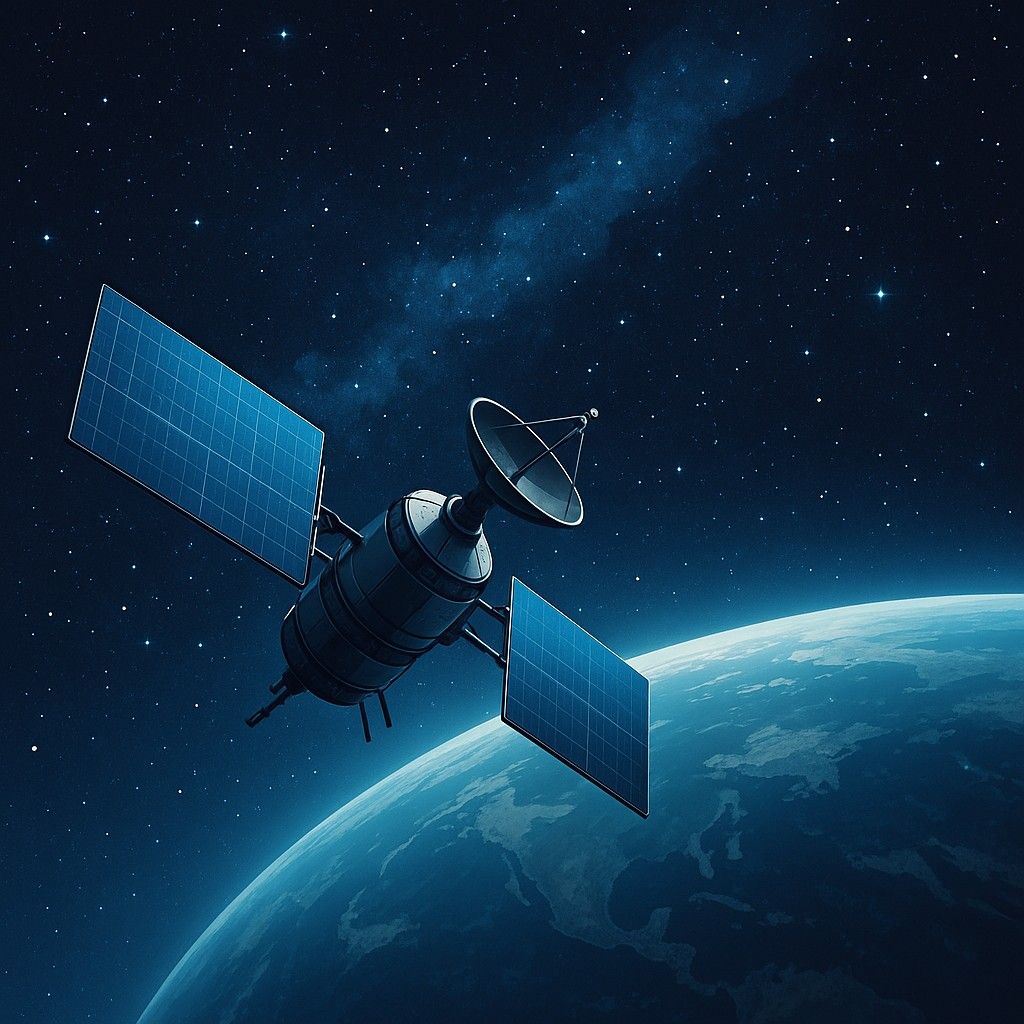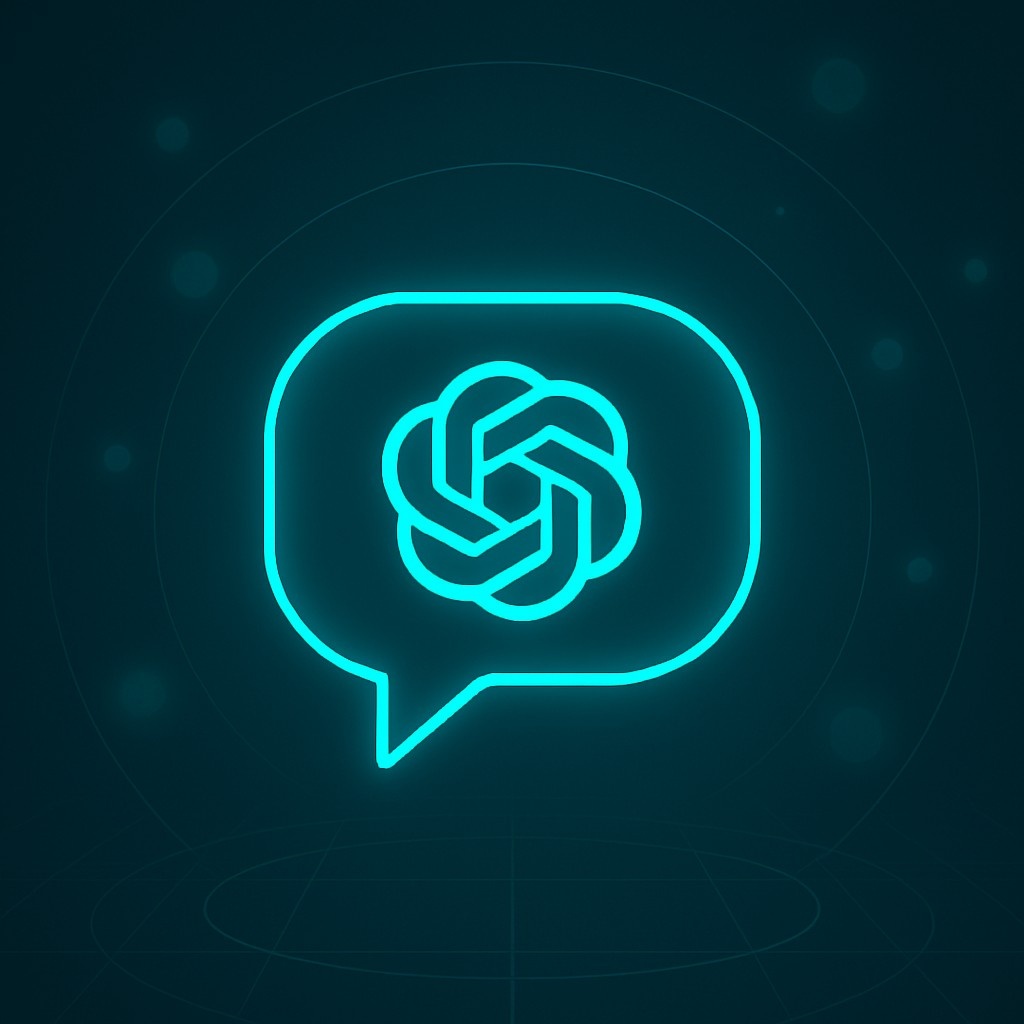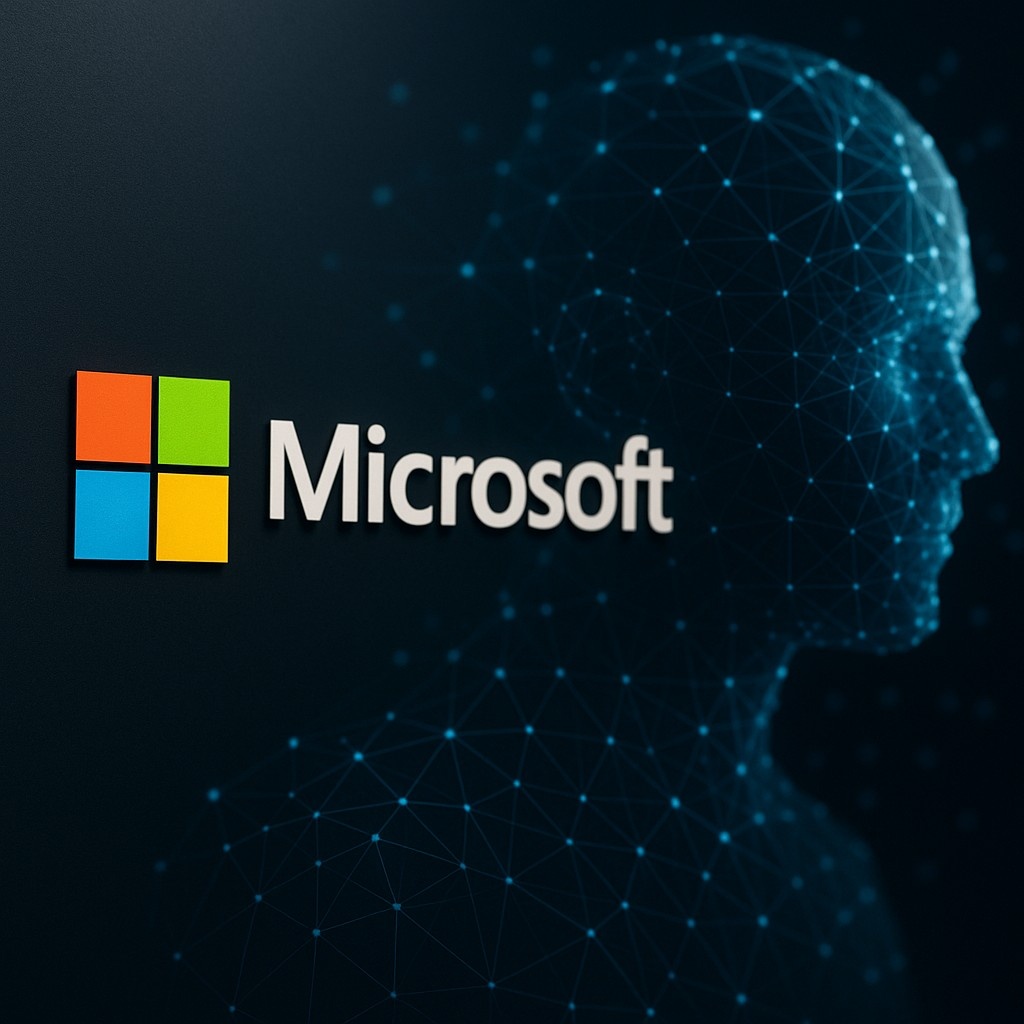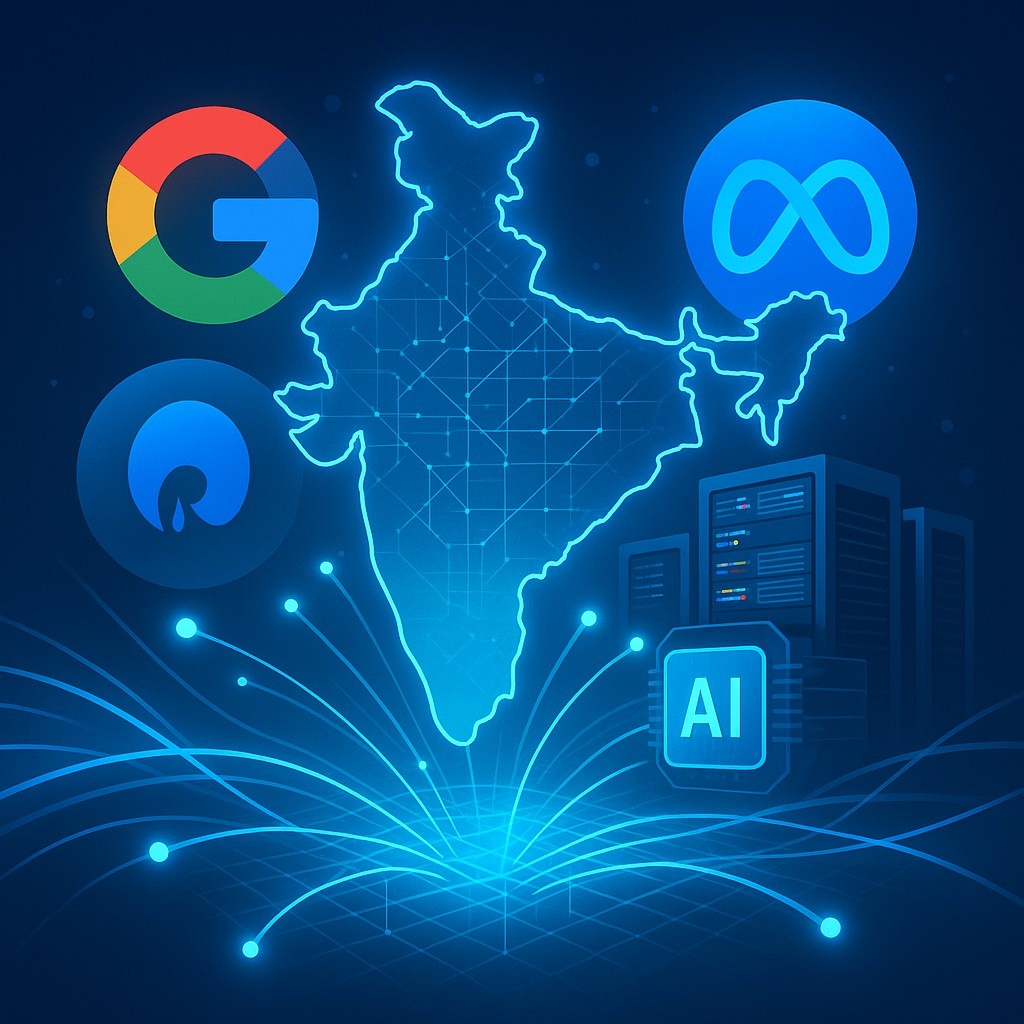FutureHouse Launches AI Scientist — A Bold Step Toward Machine-Backed Discovery
In early May 2025, FutureHouse, a nonprofit research initiative backed by former Google CEO Eric Schmidt, introduced something that could change the way science is done forever — the AI Scientist Platform. It's not just a tool. It's an ecosystem of AI agents trained specifically to support scientists — not by replacing them, but by helping them think faster, work deeper, and explore ideas that would have taken months to process.
The name might sound futuristic, but the platform is very real — and it’s already being used to help researchers analyze papers, generate hypotheses, and design experiments.
The goal? Give scientists the equivalent of an always-on research assistant that reads everything, remembers everything, and helps connect the dots in ways a single human mind never could.
The Problem Science Didn’t Know How to Fix
Every year, the scientific world produces millions of peer-reviewed papers, thousands of datasets, and an overwhelming wave of new discoveries. But ironically, that explosion of knowledge is also one of science’s biggest bottlenecks.
Researchers spend weeks — sometimes months — doing literature reviews, checking what’s been done, or trying to replicate past work. Most of their energy is spent on information management, not discovery.
That’s where FutureHouse stepped in.
They asked a simple but powerful question:
“What if AI could help scientists skip the slow part and jump straight to the breakthrough part?”
And that question became the foundation of the AI Scientist Platform.
Meet the AI Agents
The platform currently features four specialized AI “agents”, each trained to do something researchers desperately need.
Crow – The Generalist
Crow is your go-to science searcher. It combs through research papers and gives you concise, evidence-backed answers. Think of it like ChatGPT — but trained only on real science, not the internet.
If you ask, “What’s the current consensus on CRISPR gene off-target effects?” — Crow doesn’t just give you a guess. It shows you what the actual scientific papers say. Clean, sourced, and scholarly.
Falcon – The Literature Synthesizer
Falcon is built to do in minutes what usually takes weeks — deep, structured literature reviews. It can find, group, and summarize dozens (or hundreds) of studies into a coherent view. That’s huge for any lab preparing for a grant or figuring out where to go next.
It doesn't just give you links — it gives you insights, pointing out trends, disagreements, and areas that haven’t been fully explored.
Owl – The Originality Detector
Owl does something surprisingly hard: it tells you whether your idea is new.
Say you’ve got an experiment in mind — Owl checks the global scientific database and tells you if it’s been done, how similar the studies are, and where yours might fit. That’s a game-changer for PhD students, early-career researchers, and anyone trying to stake out new ground.
Phoenix – The Experimental Designer
Phoenix is still early-stage but already impressive. It helps design chemistry experiments, guiding researchers through the planning process, suggesting conditions, and flagging issues. Over time, it could expand into biology, physics, and engineering, offering suggestions based on past successful designs.
What Powers These Agents?
All the AI agents are built on open-source scientific datasets and trained using OpenAI’s advanced large language models — but with strict focus on transparency and traceability. If an agent gives you an answer, you’ll see exactly which paper it came from, including a link to the source.
That level of clarity matters. Because in science, it’s not just about speed — it’s about verifiability.
The models are also being developed in collaboration with researchers from MIT, Stanford, and several national labs, which helps ensure they stay relevant to real-world lab work — not just theoretical models.
How Scientists Are Using It Already
According to FutureHouse, dozens of researchers in early-access programs are already using the AI Scientist Platform in areas like:
- Drug discovery
- Material science
- Climate modeling
- Quantum chemistry
In many cases, the platform is helping scientists uncover overlooked papers, link concepts across disciplines, and design follow-up experiments faster than ever before.
MIT researcher said:
“I used Owl to test whether our protein-binding hypothesis was novel. It not only found a similar study I missed, but showed us how to tweak our approach. That saved us six weeks of work.”
- MIT Researcher
That’s exactly what this tool is meant to do: reduce the friction between idea and execution.
Why This Isn’t Just Another AI Research Tool
There have been plenty of AI tools promising to help researchers — but most of them are just search engines with a fancy interface.
What makes the AI Scientist Platform different is its focus on:
- Autonomous reasoning (it doesn’t just fetch results, it interprets them)
- Source transparency
- Workflow integration
It’s also designed for scale. Instead of forcing researchers to adapt to the tool, the tool adapts to how researchers already work — whether they’re writing in Jupyter notebooks or using LaTeX in Overleaf.
And unlike many AI platforms, this one is nonprofit-driven, with a mission to keep the tools open, auditable, and focused on scientific advancement, not monetization.
What Comes Next?
FutureHouse says more agents are already in the works, including ones that might:
- Track clinical trial developments in real time
- Help generate experiment protocols for biology
- Assist with replication studies, pointing out inconsistencies in similar experiments
There are also talks of building an AI-native scientific journal, where researchers can co-publish with their AI agents, showing not just what they discovered — but how the agent helped get there.
It’s a new kind of collaboration — one where humans and machines work as partners, not competitors.
Final Thoughts
Science is slow for a reason — it’s careful, methodical, and skeptical by design. But sometimes, the slowness comes from paperwork, repetition, or buried knowledge — not better ideas.
That’s the problem FutureHouse is trying to fix.
With the AI Scientist Platform, science doesn’t move faster because we’re cutting corners.
It moves faster because we’re cutting noise.
And maybe, just maybe, that’s what the future of discovery looks like — not just smarter researchers, but smarter systems to support them.
